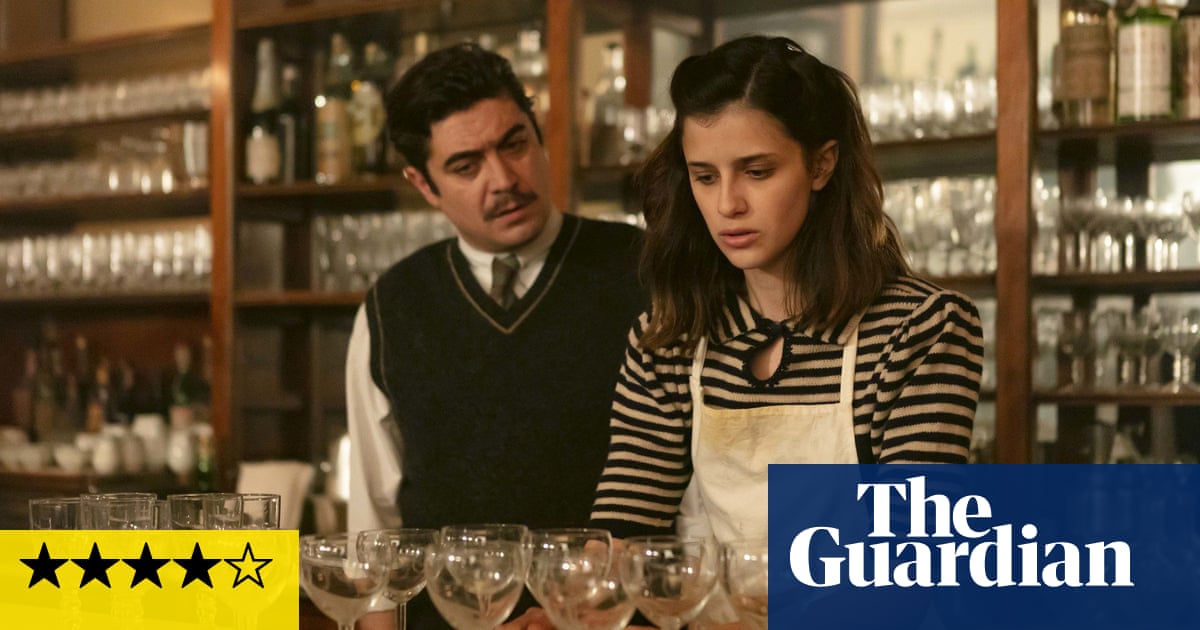
How to wrangle a shrew? Jude Christian’s answer is to chuck her into a soft play area and hold a gun to her head. Bold, absurdist ideas jostle for attention in this bemusing new production of Shakespeare’s tricky tale, but they’re rarely portrayed clearly enough to make us care about the characters beneath the chaos.
Design takes centre stage. The players spill out of an enormous teddy’s hollowed-out abdomen, as if this is not just a play, or even a drunken dream, but a child’s silly game. The production is full of foolishness but low in actual laughs, as it reaches for ideas of coercion through puppetry, with large faces stuck to stomachs and heads wobbling on sticks. Rosie Elnile’s designs look fantastically, artfully odd, but they frequently distract from the story’s pace and clarity.
When a brilliantly sloshed Sly (Nigel Barrett) bursts into the Globe’s pit, he’s shoved into a passing troupe of players, and pulls Marian (Thalissa Teixeira in a crackling central performance) from the audience to fill the final role of Katharina. Plucked seemingly at random and head-butted into the part, this Kate is no shrew, just a regular quick-witted woman infuriated by the outrageous misogyny spouted at her. She follows the expectations set for her: as a guest, to follow the script; as Kate, to marry Petruchio (a stroppy Andrew Leung). But as her husband’s casual brutality continues, her bemusement slips into a heady, hysterical confusion.
She’s not alone in feeling uncertain about the choices around her. Sly’s bounding energy is wastefully relegated to a spiky caged playpen, while Jamie-Rose Monk’s stage managing Vincentio bafflingly spends the entire play reading magazines at the back. Kate’s barely given a chance to resist, while the scatter-gun subplot struggles to hold our attention. There is an ominous sense of the players as guards, keeping the story running despite Petruchio’s easy violence, but this cultish threat lacks grounding throughout the action.
With the descent of unreality comes the production’s sharpest scenes, as Kate suddenly, desperately needs to break free of the nightmarish play and her part in it. This is an exhilarating departure from the script, and it’s all the more baffling when she then returns to give the final speech, suddenly full and easy in her devotion. Whether through indoctrination or brokenness, we don’t understand why she changes her mind. The scene feels sour, and Shakespeare’s problematic ending remains so.












